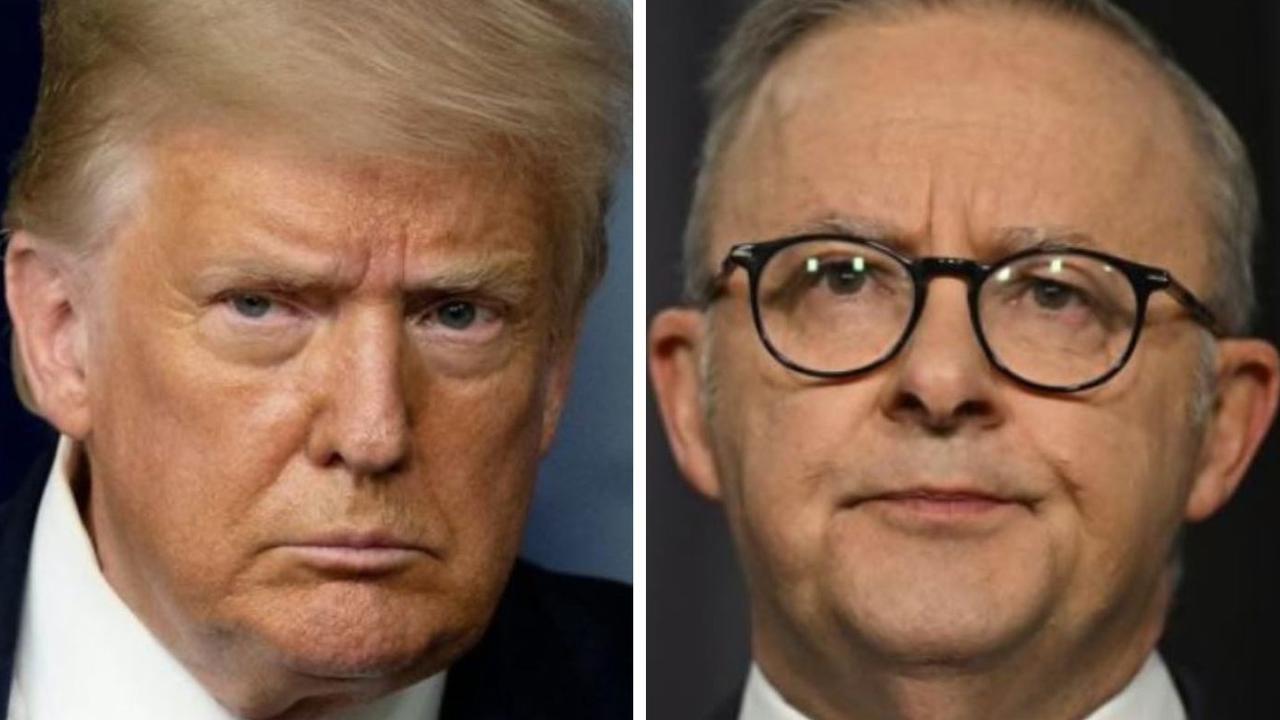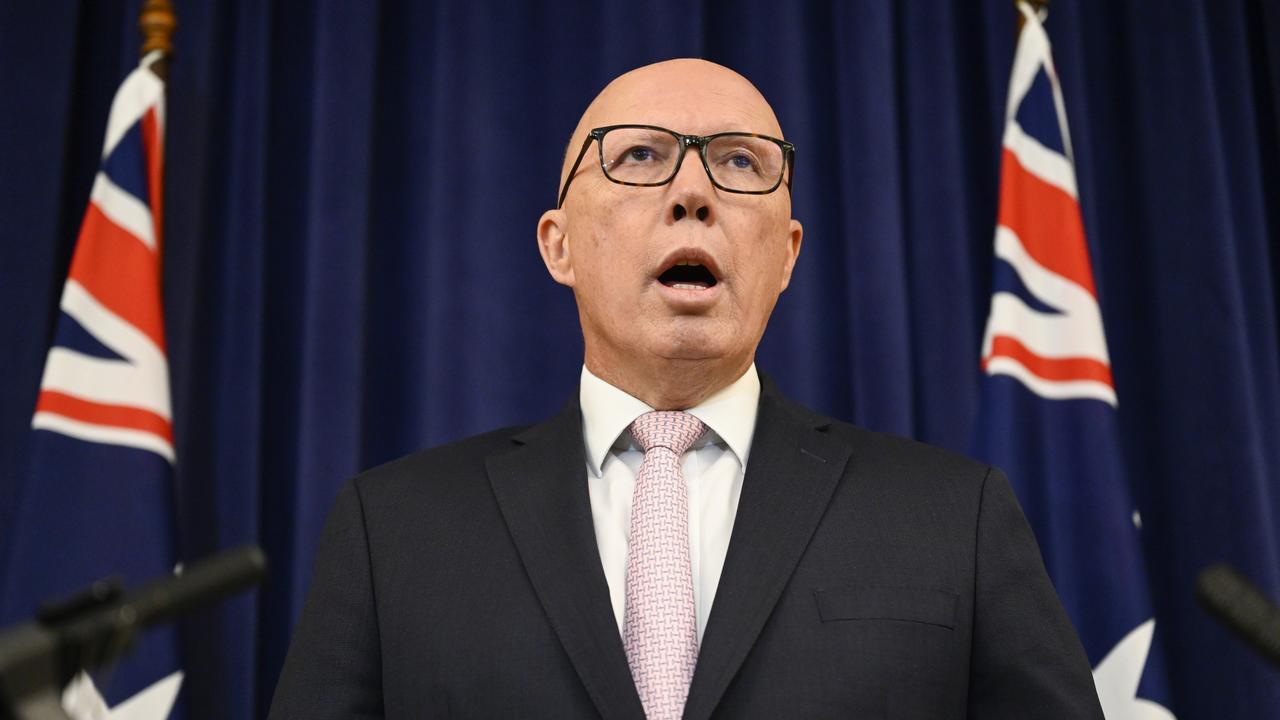Australia needs to compete with China on renewable energy in the Indo-Pacific, new report says
A leading expert has warned there’s one thing Australia can’t “overtake” China on, but there’s still more work to be done.
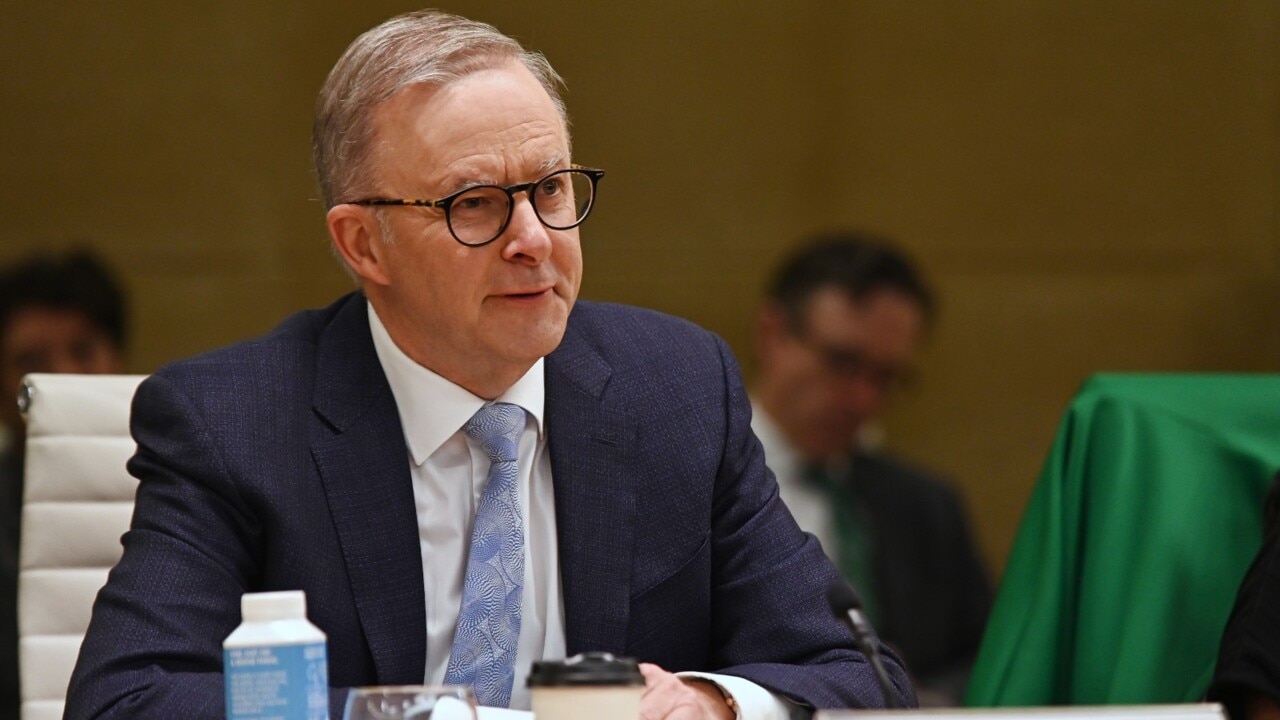
Australia should try to compete with China on renewable energy but it won’t be able to overtake it, an expert has warned.
Perth USAsia Centre policy fellow James Bowen says Australia needs to ramp up its production of clean energy technology to create a “fairer and more well governed” energy transition in the Indo-Pacific.
Mr Bowen is the author of a new report produced in collaboration with the Climate Council, which argues the time is right for Australia to take a leading role in investing in this space.
Speaking after the report’s release, Mr Bowen said it would be unrealistic for Australia to think it could overtake China on clean energy, given it has a scale of manufacturing which “we could never match”.
But he said Canberra had the ability to be much more competitive and that this would go a long way to tempering Beijing’s expanding influence in the Indo-Pacific.
“It will be an increased source of power for China if it dominates this sector of the economy, particularly if we see the scale and pace of decarbonisation necessary to really reach our climate goals,” he said.
Mr Bowen said there were certainly positives to come out of China’s funding of a “massive expansion” of clean energies throughout the region.
“But it could create some vulnerabilities as well; it also concentrates a lot of the benefits, whether they be economic or strategic, within China,” he said.
Mr Bowen warned there was a delicate balance to strike between pushing back against China and maintaining the pace of the energy transition required to meet the world’s climate goals.
He noted that successive US governments since the Obama years had whacked tariffs on Chinese imports, which had a “really damaging effect” on the rollout of solar panels there.

The release of his report came as Anthony Albanese promised a room full of business and political leaders and energy experts from the Indo-Pacific that Australia would once again be a “trusted global partner” on climate action.
Addressing the Sydney Energy Forum on Tuesday, the Prime Minister reiterated his government’s commitment to emissions reduction as an economic opportunity and said he wanted to collaborate with the wider region on clean energy.
Mr Albanese said Australia had the workers, the resources and the capacity to become a “renewable energy superpower”.
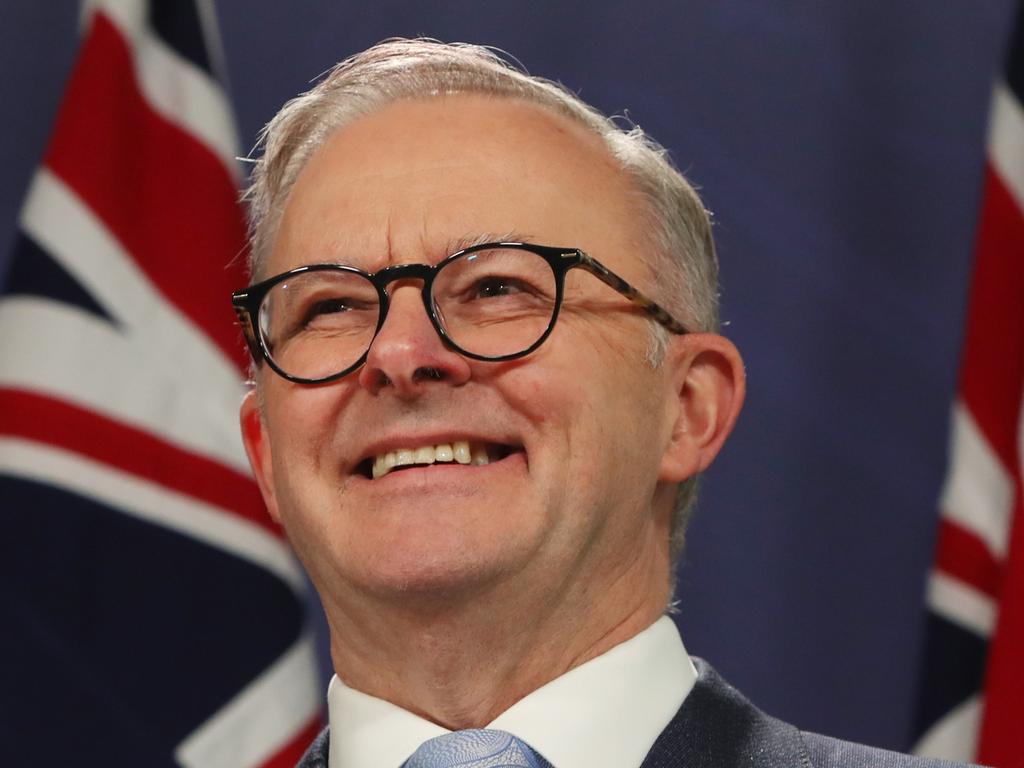
He delivered his speech the day before he was due to fly to Fiji for the Pacific Islands Forum of leaders from the region, where climate change is expected to be top of the agenda.
Mr Albanese has been eager to set his government apart from the one led by Scott Morrison when it comes to climate change, particularly on the international stage.
His speech on Tuesday reiterated the climate change and energy policies Labor took to the federal election, with a promise of 604,000 extra jobs and an emissions reduction of 43 per cent on 2005 levels by 2030.
“Crucially, we will work with business to drive emissions down predictably and gradually over time in the industrial sector,” he said.
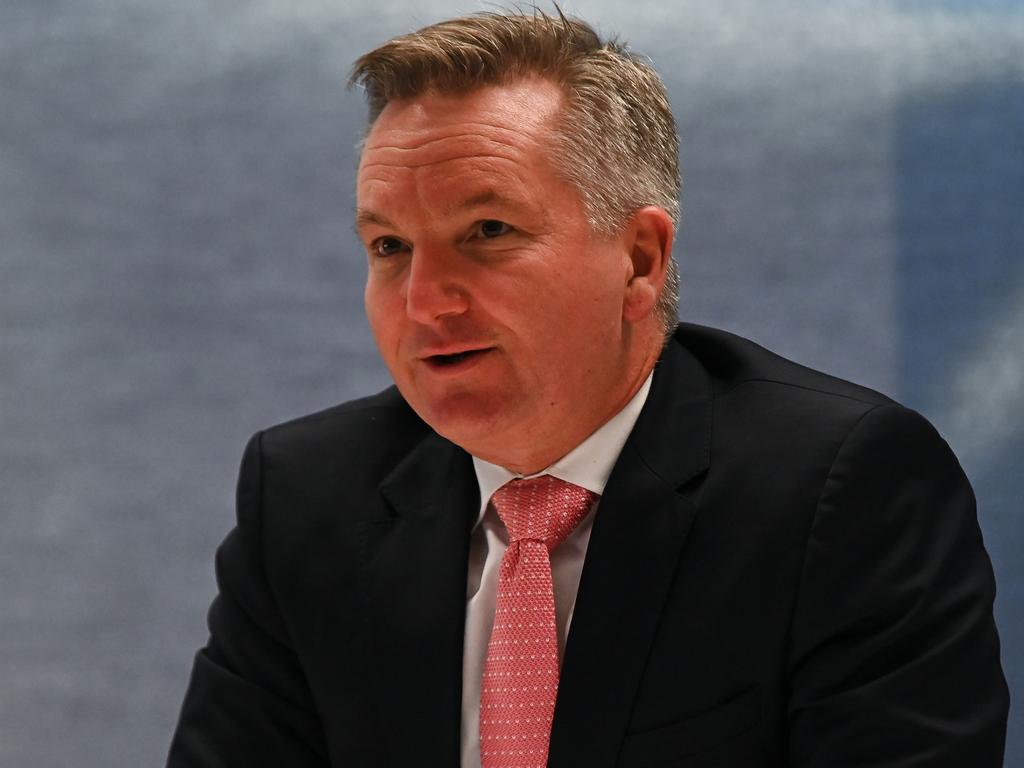
Mr Albanese promised his government would be “transparent and held accountable” as it progresses this agenda, with Climate Change and Energy Minister Chris Bowen to introduce a climate change Bill to parliament by the end of the month.
“It will seek to enshrine our targets into law, providing the certainty industry and investors need – in Australia and beyond,” Mr Albanese said.
“And it will legislate a requirement for the minister to report annually on progress in meeting our targets.”
Mr Bowen also addressed the forum, along with several environment ministers from other Indo-Pacific nations, as well as leaders from both the environmental conservation and resources sectors.
Mr Albanese in his speech stressed the economic benefits which could be reaped by the wider region during and after the transition to renewable energy supplies.
“The Indo-Pacific is the leading target for private investment in clean energy, accounting for nearly 80 per cent of global investment in 2021,” he said.
Read related topics:China


